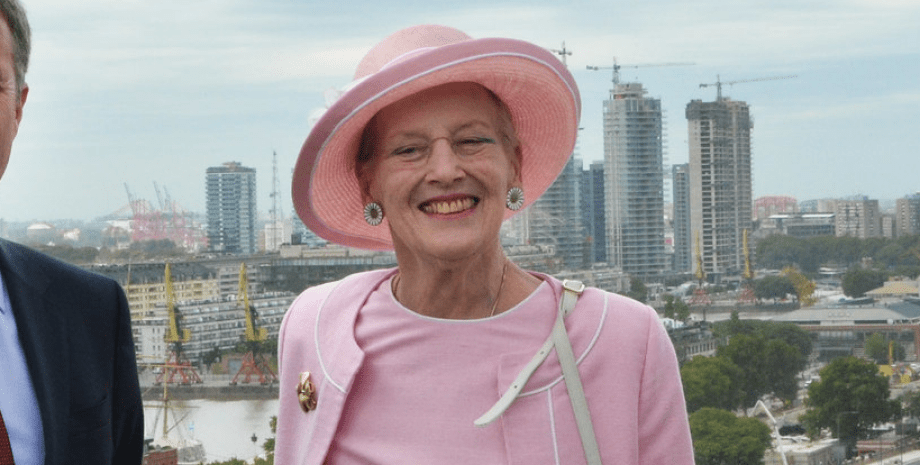
 By Eliza Popova
By Eliza Popova
First of all, some countries have tried to make sure that the head of the jury - the Russian illustrator Anastasia Arkhipov - from the jury. The organizers of the award were shared about whether it is allowed to be in the jury of the most prestigious world prize in children's literature, when its country is leading a bloody war in Ukraine. Norway, Sweden, Finland and the Baltic countries opposed Arkhipov to the jury. This week, another Scandinavian country spoke against the Russian.
The award was removed from the list of projects supported by the Danish Royal Palace. Anastasia Arkhipov, a Russian illustrator and professor of painting, was chosen by the jury chairman, which will award the Prize in 2024. Arkhipova called her campaign an attempt to intimidate solely because of her nationality. She tries to distance himself from those who do not want to see her as a jury of the Prize, also called the Nobel Prize in Children's Literature.
The award was founded in 1956, in different years it was handed to Astrid Lindgren, Joan Rowling and Knusgora's Knusgora. Anastasia Arkhipova has won many awards in her professional field, she holds the position of Professor of the Art Academy, and is part of the Board of the Moscow Association of Artists (MOCX).
This Association is actively promoting the war in Ukraine and recently conducted a competition, within which Russian artists painted posters, videos and memes on social networks to promote mobilization and "military special operation" among the residents of the Russian Federation. The works that participated in the competition were to cover the "reunification of historical Russian lands". Some of the works of the Russian soldier depicts a heroic avenger who opposes the "Nazis" in Ukraine.




















Všetky práva vyhradené IN-Ukraine.info - 2022